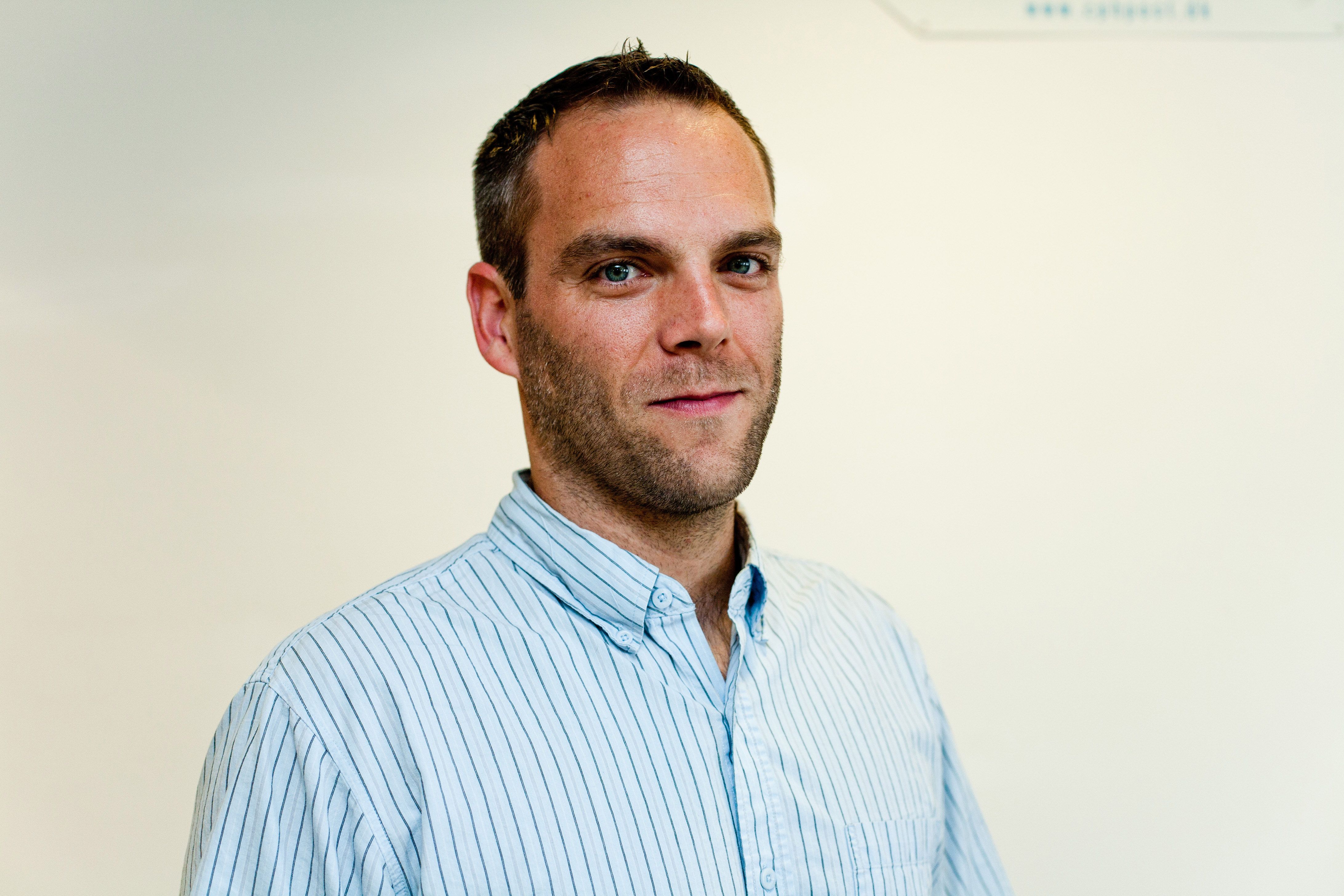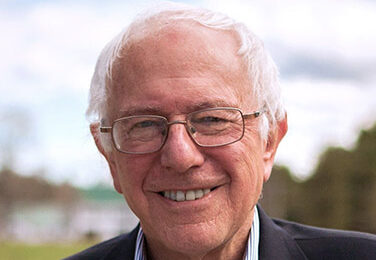At times I find myself alternately enthralled and appalled by the digital world in which we live.
That I could recently watch a man jump out of space on my phone, or watch the full US presidential debates as I commuted to work on the other side of the world, shows the beauty of today’s hyperconnected, fast-moving new reality.
But this reality has its dark sides too. Our new world of minuscule news cycles and instant analysis has fundamentally changed us, and doubtfully for the better. Everyone has an opinion and a virtual megaphone from which to shout those opinions. Real news, slanted views, psuedo-events and memes are all blended together and streamed out to the masses through tools like Facebook and Twitter. Not only does this create confusion between what is real, what is false and what is somewhere in between, it has also fuelled a faux outrage machine that moves at the speed of light.
Take the recent example of the photo currently making the rounds that shows a sign in a supermarket advertising ‘Jødekager – bagt i gasovn’ (Jewish cookies baked in a gas oven). Without anyone seeming to know the story behind the photo – was it real or Photoshopped, placed by a rogue employee just long enough to take the photo, or really set out for customers to see? – the instant outrage machine went into full gear.
To be clear, the sign is offensive and not funny. If it is real, the person who put it out should be fired. Period. Even if it is a ‘joke’, there should be accountability to SuperBrugsen, where the sign was allegedly displayed, for the PR nightmare this has caused and to Karen Volf, the cookie company that fears its brand has been damaged.
But as it made the rounds online, the entire thing quickly spun off the rails. One contingent argued that it was only meant as a joke and everyone should stop being so uptight, another argued that since the Jews killed Jesus then the Holocaust really wasn’t all that bad. A third group quickly emerged to use the sign as their proof that a majority of Danes are racist ignoramuses.
But the cookies photo, or course, is no anomaly. The internet is full of ugly comments. The former tax minister, Thor Möger Pedersen, received more than his fair share when he took to Facebook to be the first to publicly confirm that he had been relieved of his post. Over 1,000 comments poured in, many of them less than kind to the 27-year-old former wunderkind.
And The Copenhagen Post website, as I’ve mentioned in this space before, isn’t exactly a hotbed of warm and fuzzy feelings.
The constant negativity, serious privacy misgivings and a general feeling of being burnt out by always being connected led to me recently taking a three-month break from Facebook. Even after caving in to my mother’s guilt campaign and reactivating the account, I hardly post things there anymore or bother scrolling through the stream of trivialities.
That’s not to say that I’ve gone offline, though. Quite the contrary. My Twitter use has become something of an obsession. While it is a very helpful professional tool, it’s also not with out its pitfalls.
After the first presidential debate and the vice-presidential debate, I made the mistake of scrolling through my timeline before seeing the debates themselves. Without seeing a single minute of either, my timeline provided me with a completely biased take on who had ‘won’, had given me all of the key lines, and even introduced me to meme-based accounts – think ‘Fired Big Bird’ and ‘Malarkey Joe’. For the second debate, I made sure to watch it myself before visiting Twitter, but I was still bombarded by the endless “binders full of women” jokes. By the third debate, I had decided to just sit it out.
The new way we consume information makes incidents like the jødekager sign harder to judge. Is this really a big deal, or is it a big deal precisely because a cacophony of self-reinforcing views says it’s a big deal?
With the changing media landscape – as I was drafting this, I read (on Twitter, of course) the news that Newsweek would cease its print version – and an increasing emphasis on being first rather than being right, things move so much quicker now. Sometimes I just want to stop the ride and get off.
















